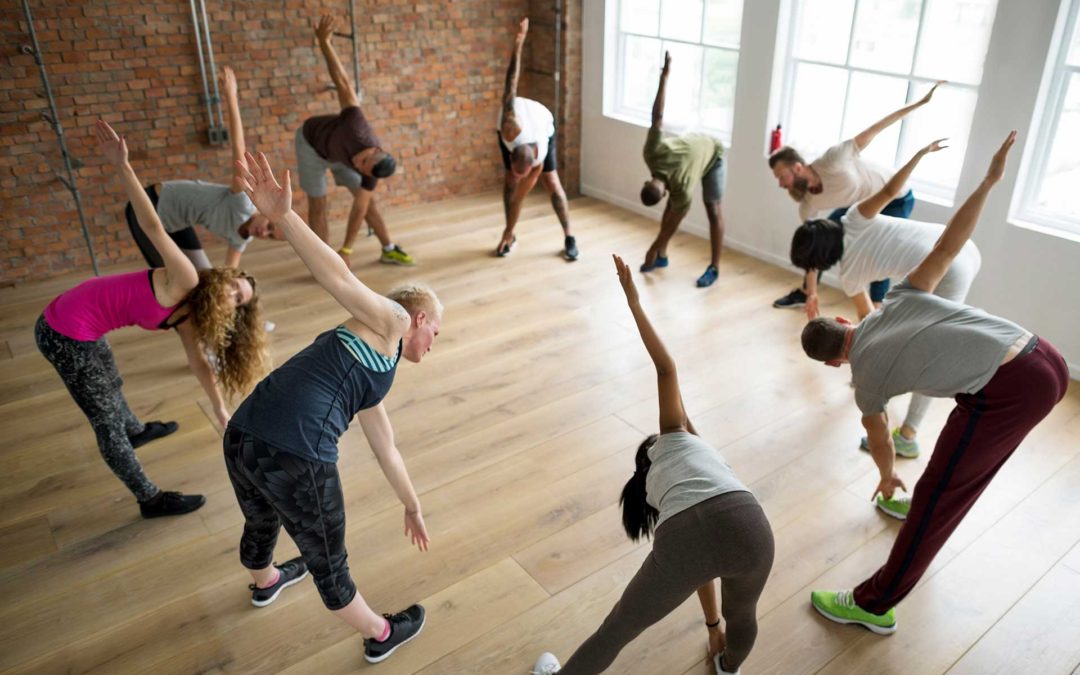You have heard it all before. Exercise is good for your health. Exercise helps reduce illness. But why and how.
As more of us become less active due to lifestyle, long work hours, jobs that require sitting for long periods of time, we start to feel the effects of these unhealthy choices especially as we start to age. Sore backs, aches and pains, other health ailments such as higher risk of diabetes, cardiovascular disease, high blood pressure, anxiety and the list goes on. But you can help slow down the aging process and reduce your chance of developing illness by incorporating a long term exercise routine into your life.
Exercise, along with a sensible eating plan, is known to help prevent excess weight gain or help maintain weight loss. When you engage in physical activity, you burn calories. The more intense the activity, the more calories you burn. And the good news is you do not need to set aside large chunks of time for exercise to reap weight-loss benefits.
Need to improve your mood? Or need to counterbalance the effects of a stressful day? A number of studies have found that exercise helps depression and anxiety. Physical activity stimulates various brain chemicals, including serotonin and endorphins that may leave you feeling happier and more relaxed as well as helping improve sleep patterns. Exercise may also help block negative thoughts or distract people from daily worries. Exercising with others provides an opportunity for increased social contact. And as your appearance improves so does your increase in self esteem.
People who engage in regular activity have a lower risk of heart disease, type 2 diabetes, stroke and some cancers. No matter what your current weight is, being active boosts high-density lipoprotein (HDL), or “good,” cholesterol and decreases unhealthy triglycerides.
It’s medically proven that people who do regular physical activity have:
- up to a 35% lower risk of coronary heart disease and stroke
- up to a 50% lower risk of type 2 diabetes
- up to a 50% lower risk of colon cancer
- up to a 20% lower risk of breast cancer
- a 30% lower risk of early death
- up to an 83% lower risk of osteoarthritis
- up to a 68% lower risk of hip fracture
- a 30% lower risk of falls (among older adults)
- up to a 30% lower risk of depression
- up to a 30% lower risk of dementia
Given this overwhelming evidence of the effects of exercise on our health it seems more than obvious that this is something we should all incorporate into our lifestyle.
I understand that starting out on your new fitness journey can be difficult so don’t do it alone. Seek help from someone who can give you guidance not only with the physical activity but also improving your mental wellbeing, as having the right mindset is just as important when trying to achieve your fitness goals.
Don’t become another statistic. Take action and start being active today. Your health and body will thank you for it!
It is a good idea to see a doctor before engaging in any new physical activity.
Source:
http://www.mayoclinic.org/healthy-lifestyle/fitness/in-depth/exercise/art-20048389


Recent Comments